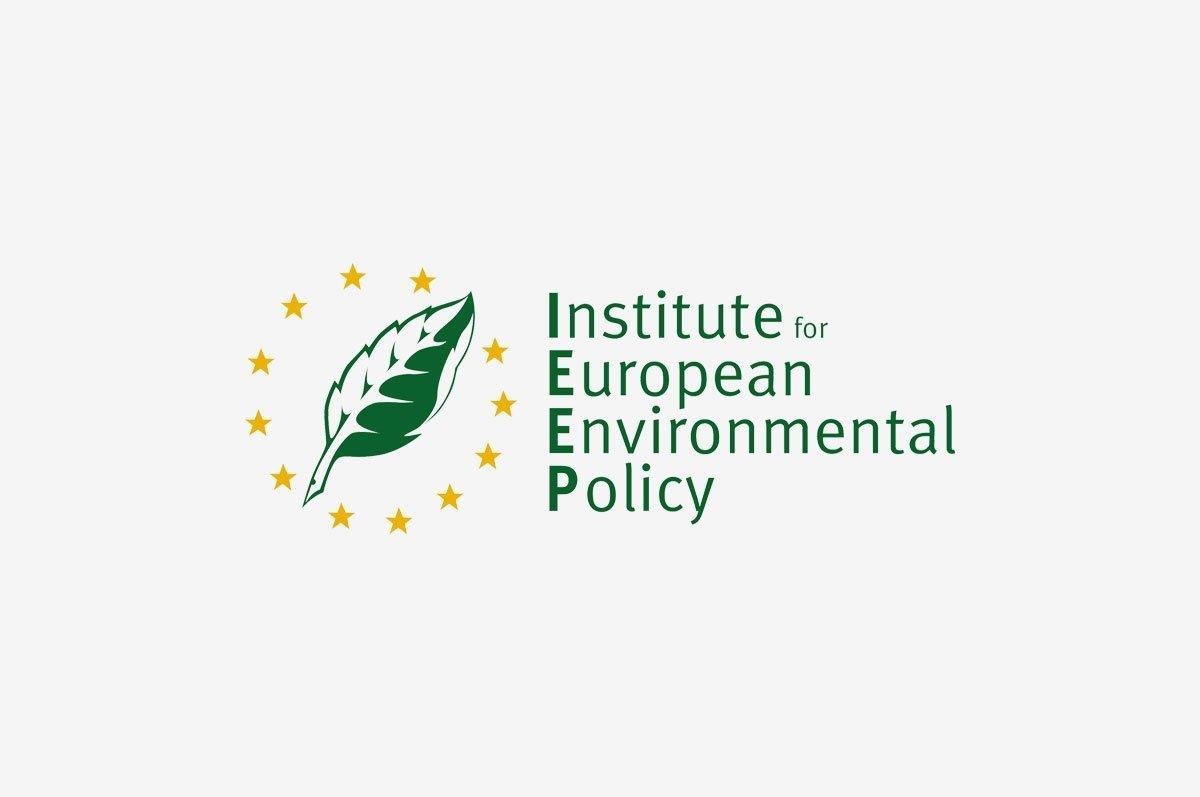AUTHORS: Leonardo Mazza – Patrick ten Brink
A range of elements of the green economy concept are relatively well integrated in EU strategic documents, such as Europe 2020 and the Resource Efficiency Roadmap although the focus in the EU is arguably on achieving green/sustainable growth, rather than achieving a ‘green economy’.
Some key elements of the green economy, most notably the aim for absolute decoupling between value creation (growth) and resource use, to grow within limits and stay below critical environmental thresholds, while largely absent from the Europe 2020 strategy and the Resource Efficiency Roadmap, are more fully addressed by sector specific strategies and policies such as the biodiversity strategy.
In eight of the ten sectors identified as key for a transition to a green economy (agriculture, buildings, energy supply, fisheries, forestry, industry, tourism, transport, waste management, water) the EU already has a policy framework in place which would provide a basis for measures to make these sectors more sustainable. Forestry and Tourism issues fall primarily under Member State competence.
This briefing paper on the green economy and the EU’s actions to deliver it presents results from EU-funded research projects relevant to the key green economy sectors. Produced in the context of the Rio+20 conference, the briefing was prepared for European Parliamentarians as part of the EU-funded KNOSSOS project in which IEEP is partners along with UNEP and GLOBE-EU. A main briefing was also produced, answering questions on what is the green economy, what policy actions can contribute to achieving it, and what results from EU-funded projects can support these actions?

